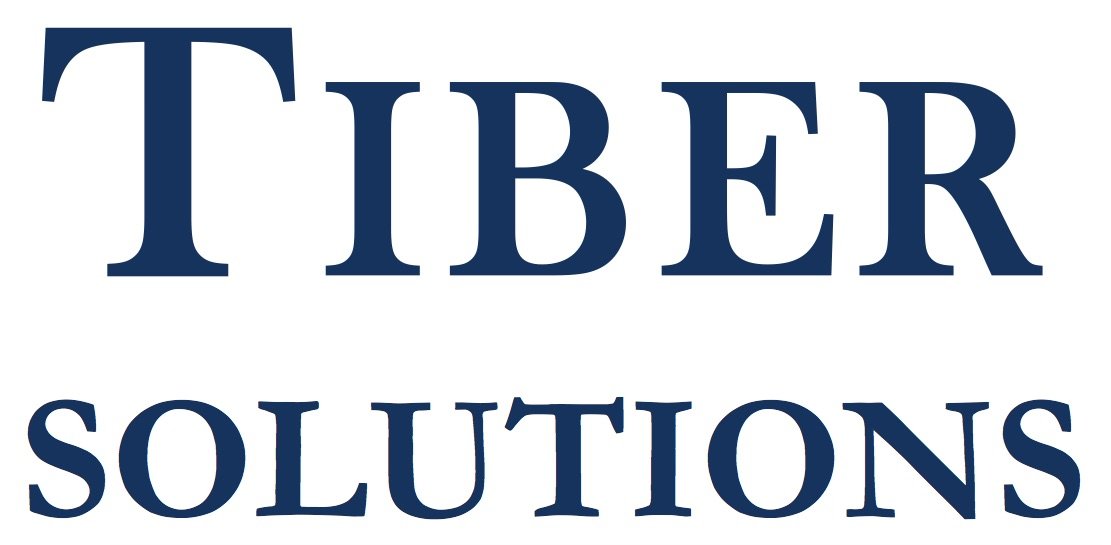Healthcare and Private Chatbots
Empowering Healthcare with Private LLM Chatbot Projects
Data science has emerged as a transformative force in the healthcare industry, revolutionizing patient care and outcomes. More recently, leveraging the power of Language Models (LLMs), specifically designed for chatbot projects, holds great promise for enhancing the healthcare system. However, ensuring patient privacy and adhering to strict regulations such as HIPAA is of paramount importance. In this blog post, we will explore how your data science team can build private LLM chatbot projects for the healthcare system while addressing privacy concerns effectively.
Understanding the Potential of LLMs: Language Models are advanced artificial intelligence models that excel in understanding and generating human-like text.
These models, trained on vast amounts of data, possess the capability to comprehend complex language patterns, generate contextually appropriate responses, and offer valuable insights. By harnessing the power of LLMs, healthcare organizations can unlock numerous benefits for both patients and medical professionals. The following is an outline of how a healthcare practice can implement a first-line patient services chatbot while maintaining health record privacy and trust.
In the domain of sensitive health record data management, prioritizing privacy and data security emerges as a pivotal imperative. The achievement of a successful LLM chatbot project necessitates the adept implementation of a range of strategic measures. Foremost, opting for an on-premises deployment strategy empowers organizations with complete infrastructure control, mitigating concerns around external data transfer and storage. This approach significantly bolsters both privacy and security aspects.
Moreover, the integration of encryption mechanisms, such as SSL/TLS, stands as a crucial safeguard. By ensuring the encryption of all interactions between the chatbot and healthcare systems, unauthorized access to sensitive information is effectively thwarted, introducing an additional layer of security to the ecosystem.
Robust access controls and authentication mechanisms form another cornerstone of this security architecture. This approach guarantees that only authorized individuals, particularly healthcare professionals, can engage with the chatbot and gain access to patient data. Leveraging role-based access control (RBAC) further refines this by allowing the delineation of precise permissions and restricting data access based on distinct user roles.
A paramount practice in safeguarding patient privacy is the implementation of anonymization and de-identification procedures. Prior to leveraging the capabilities of the LLM chatbot, patient data can undergo anonymization to remove personally identifiable information (PII) while retaining its utility for analysis and personalized recommendations. This meticulous approach substantially diminishes the risk of re-identification, thereby establishing a robust shield around patient privacy.
Complementing these foundational measures, the regular execution of security audits and penetration testing plays an indispensable role. Through consistent assessments of the chatbot system’s security posture, vulnerabilities and weaknesses within the infrastructure are unearthed and subsequently addressed. This proactive stance not only detects potential privacy breaches but also facilitates the timely implementation of mitigation measures.
In conclusion, a successful LLM chatbot project in the context of sensitive health record data hinges on the unwavering commitment to privacy and security. The comprehensive integration of on-premises deployment, encryption, access controls, anonymization, and proactive security assessments creates a fortified environment where patient data remains sacrosanct.
With these security measures in place for LLM chatbots in healthcare, let’s now delve into the significant advantages that LLMs offer to the healthcare sector. While implementing these measures may initially appear demanding, it’s worth noting that the adept team at Tiber Solutions has already demonstrated the ability to deploy tailor-made chatbots efficiently, often within weeks rather than months.
Recognizing the value proposition of LLM-powered chatbots, we can now explore several compelling benefits that are poised to capture the interest of healthcare practices looking to establish their own systems:
Enhanced Patient Engagement: LLM-powered chatbots enable patients to interact in a conversational manner, asking questions, seeking information about symptoms, medications, treatment options, and general health advice. These chatbots provide accurate and relevant responses, fostering proactive patient engagement and empowerment.
Personalized Care Recommendations: LLM chatbots can analyze patient health history, symptoms, and contextual information to offer personalized care recommendations. By considering individual factors, such as medical conditions, allergies, and lifestyle, these chatbots assist healthcare providers in delivering tailored care plans, improving patient outcomes.
Efficient Triage and Assistance: LLM chatbots can help triage patients by collecting initial information, assessing symptom severity, and providing appropriate guidance. This streamlines the healthcare workflow, allowing medical professionals to focus on critical cases, while patients receive timely support.
Continual Learning and Adaptation: LLMs have the capability to continually learn from new medical research, clinical studies, and evolving treatment protocols. This adaptability enables chatbots to stay up to date with the latest advancements, empowering healthcare providers to deliver evidence-based care and recommendations.
24/7 Availability and Instant Responses: LLM chatbots can provide round-the-clock assistance, ensuring that users can access information and support at any time of the day or night. Patients and healthcare professionals can receive instant responses to their queries, reducing the need to wait for human assistance.
By harnessing the potential of LLMs in healthcare, organizations can build private and secure chatbot projects that improve patient engagement, enable personalized care, streamline triage processes, and facilitate continual learning. By implementing robust privacy measures and adhering to regulatory standards, data science teams can transform the healthcare system while ensuring patient privacy and confidentiality.
